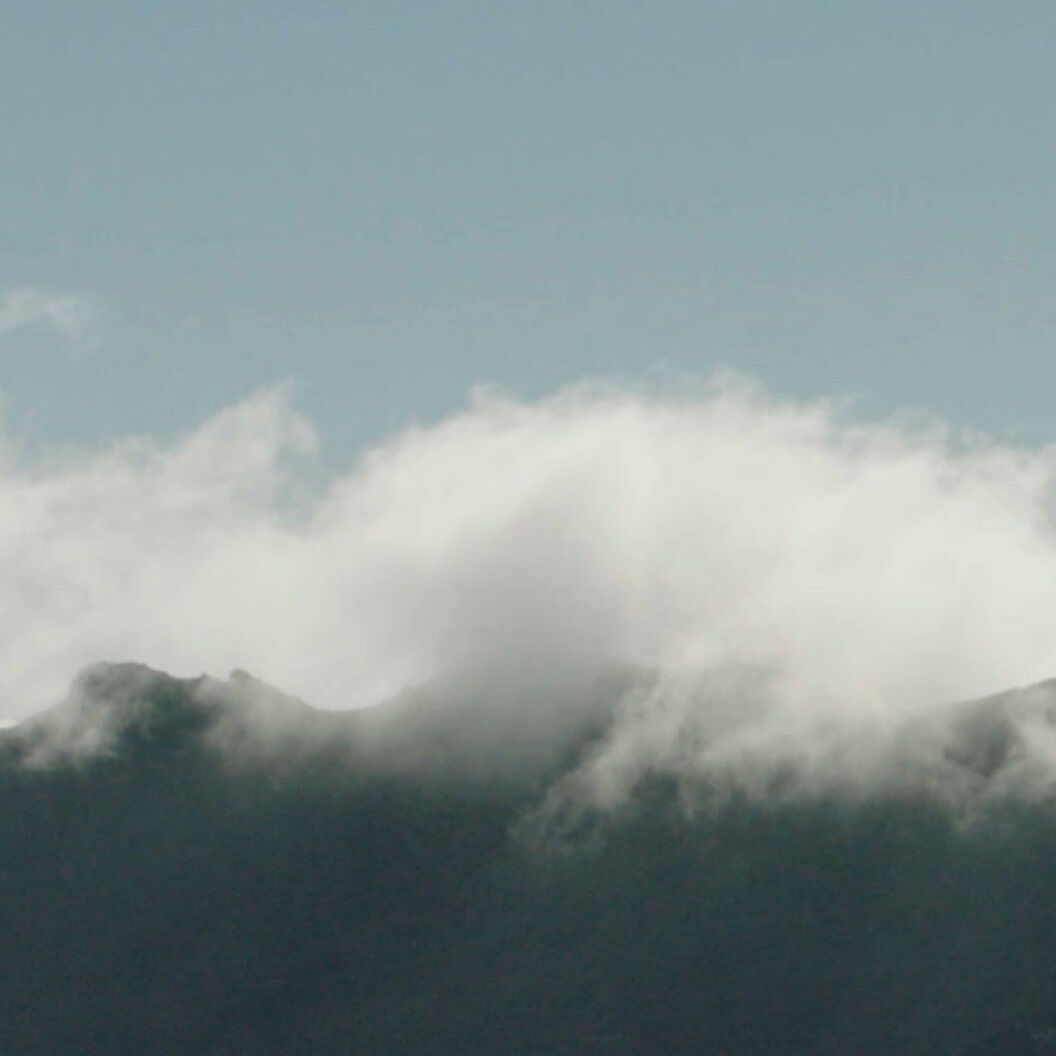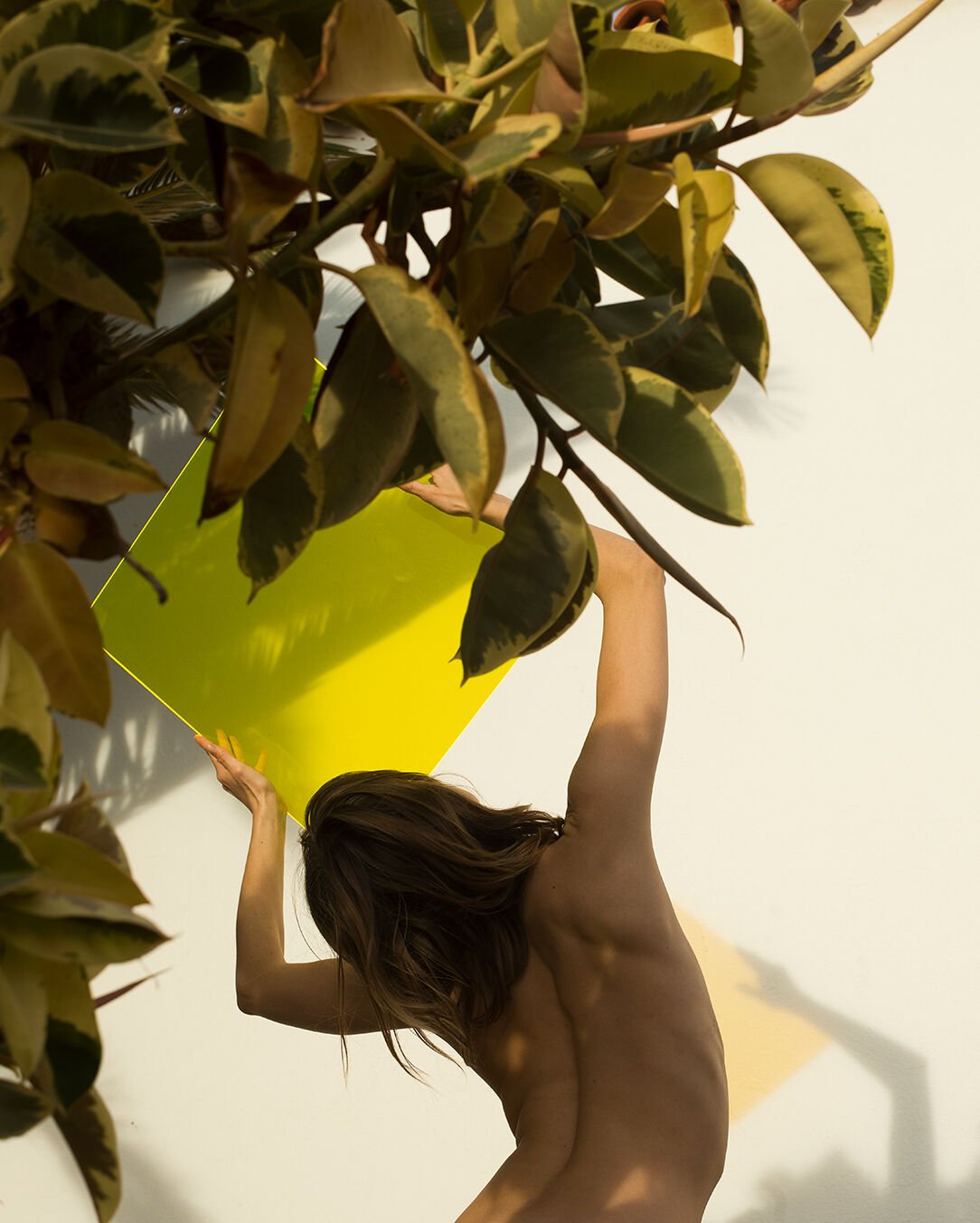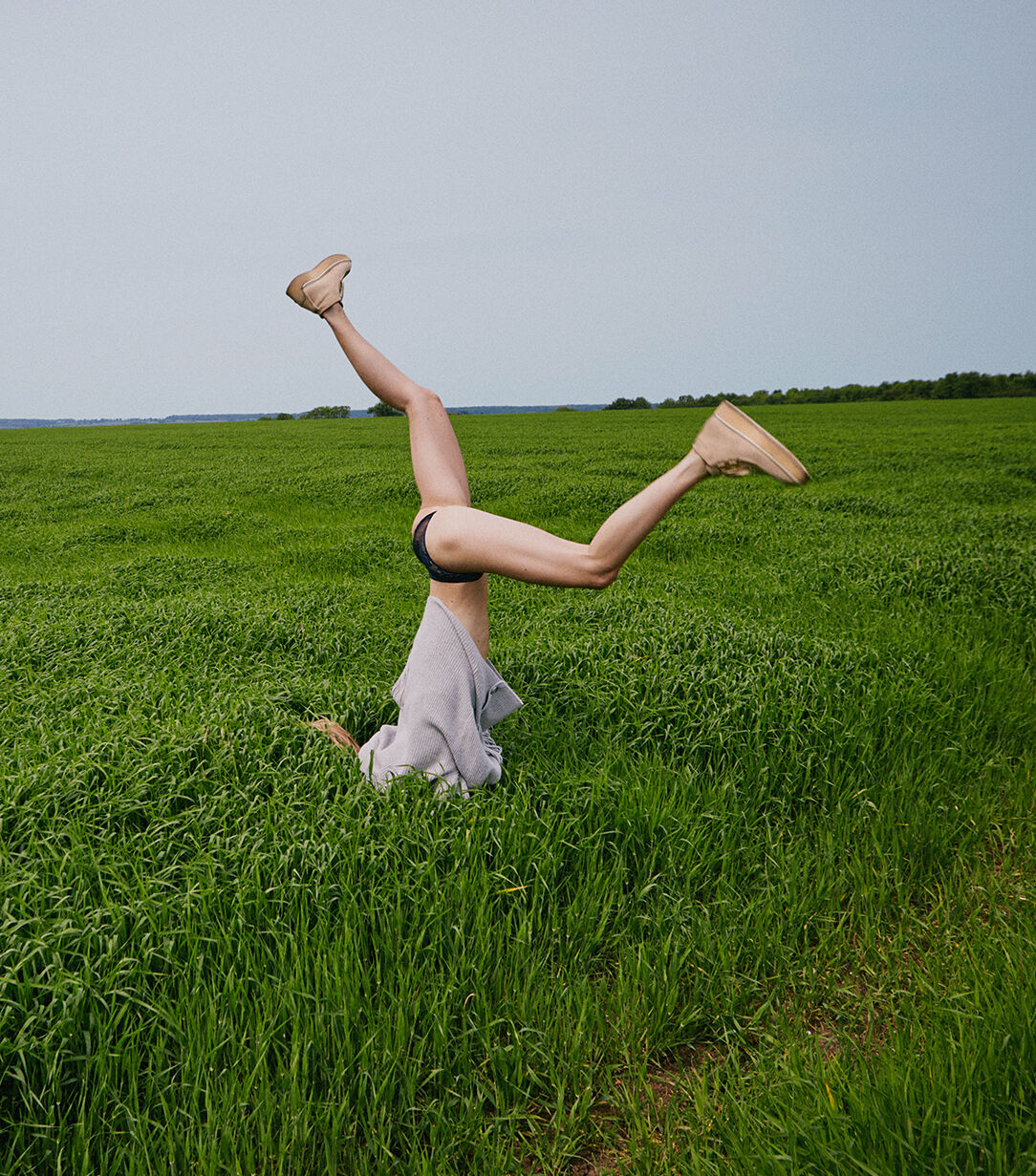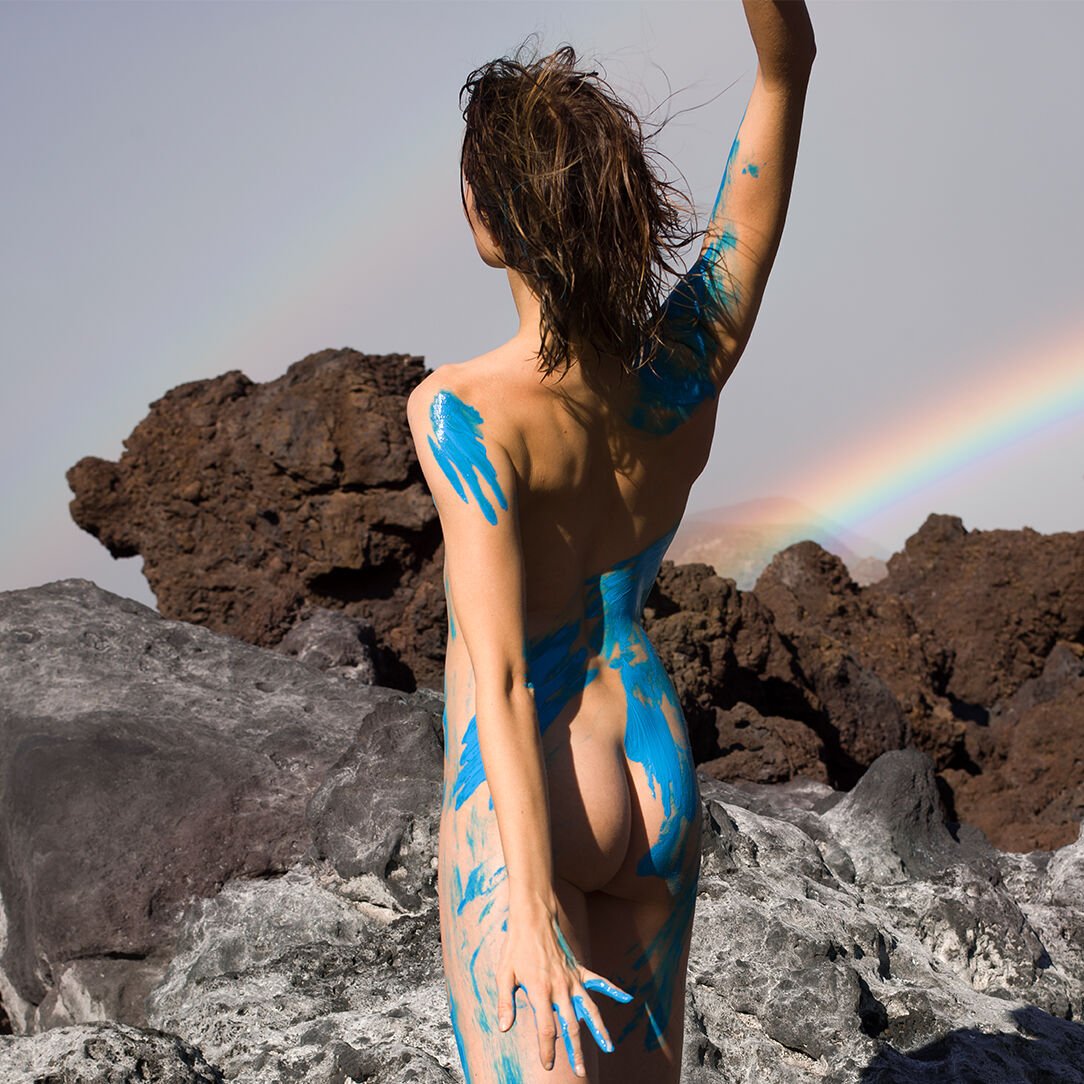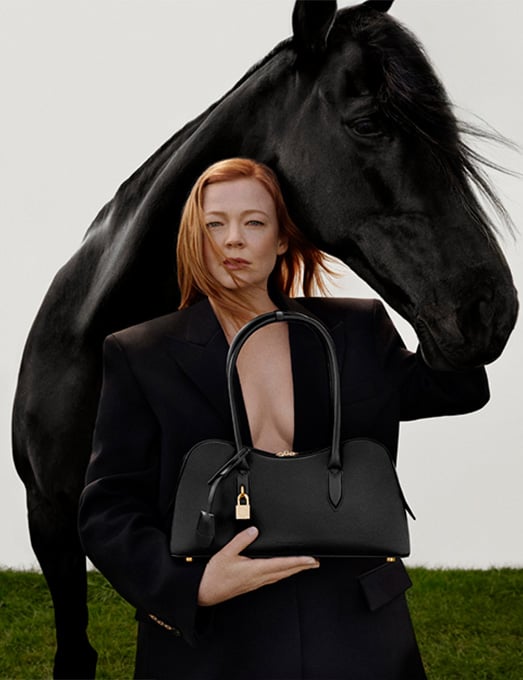Since Stella McCartney launched in 2001, we have been guided by our bold vision and values-led ethos – being kinder to Mother Earth, our fellow creatures and each other.
Explore our sustainability timeline to discover how our innovations of yesterday and today will protect our tomorrow.
2001
No leather, fur, skins, feathers or animal glues since day one.
2008
We started using organic cotton.
2009
Launched the Falabella, the world’s first vegan ‘it’ bag.
2010
We went completely PVC-free.
2012
Introduced bio-acetate in our eyewear, started using recycled polyester, made our shoe soles biodegradable, launched Clean by Design in our Italian mills, banned plastic water bottles from our head offices, joined the Ethical Trading Initiative (ETI) and made sure all the wood pulp used in our products was FSC-certified.
2013
Went angora-free and introduced Eco Alter-Nappa, our smooth vegan alternative to animal leather. Installed LED lighting and 100% renewable energy sources in our Old Bond Street store.
2014
Started using bio-based TPU for our shoe soles, added a recycled polyester microfibre for bags and ensured all our paper and cardboard packaging was FSC-certified.
2015
Launched the vegan Elyse platform shoe and our revolutionary vegan alternative to animal fur.
2016
Ceased the use of virgin cashmere and transitioned to forest-friendly viscose made from FSC-certified pulp, verified by the CanopyStyle Audit, becoming a zero-deforestation brand.
2017
Incorporated lower-impact metals, added certified wool yarns for knitwear, developed the first prototype garment made with Bolt Threads’ vegan Microsilk™ and introduced recycled nylon. Launched our resale partnership with The RealReal.
2018
Banned the use of virgin mohair, launched the Loop sneaker – designed to be disassembled, released the first vegan Stan Smith sneakers and created the first handbag made from Bolt Threads’ Mylo™ – a mycelium-based vegan alternative to animal leather. We committed to being plastic-free by adopting the Ellen MacArthur Foundation’s UK Plastic Pact.
2019
adidas by Stella McCartney developed the first-ever garments made with EVRNU®’s NuCycl yarn and launched KOBA® Fur Free Fur, a recyclable animal alternative made from recycled polyester and plant-based plastic. We announced the most sustainable Hunter boot ever. We began using SOKTAS regenerative cotton in our ready-to-wear.
2020
Debuted bio-lenses in Stella McCartney eyewear, bio-acetate frames in Stella Kids eyewear and launched Stellawear – a sustainable innovation fusing underwear and swimwear made from Aquafil Econyl® regenerated nylon and ROICA™ elastane. We announced the McCartney A to Z Manifesto.
2021
Launched our Air Slide made from recycled industrial materials, debuted world-first garments made from Mylo™, incorporated more recycled content into our Falabella bags and introduced regenerative fibres. We were the only brand from the fashion industry to attend COP26 with our travelling exhibition: Future of Fashion.
2022
Launched the world’s first commercially available Mylo™ handbag, introduced Recycrom dye and Humana denim made from recycled textile waste, repurposed LVMH Nona Source deadstock fabrics. Debuted a grape-based vegan alternative to animal leather and Stella co-founded the SOS Fund.
2023
We launched our first ever take-back scheme for the Close-the-Loop Parka which can be fully regenerated into new yarn at its end-of-life. We launched our first products crafted from SOKTAS regenerative cotton and introduced regenagri®-certified cotton denim, NewLife yarn made from plastic bottles, Bananatex® canvas using naturally grown abaca plants, luxury fashion’s first-ever close-the-loop garment, debuted the first luxury bag crafted from plant-based MIRUM®, introduced bags made from UPPEAL™, a world-first Falabella bag in BioPuff® plant-based insulation, plant-based fur alternative coat in BioFluff, eyewear in Mango Materials methane-derived biodegradable plastic alternative and world-first luxury garments knit from seaweed-based Kelsun™.
2024
We introduced a grape-based leather alternative with Veuve Clicquot, first-ever biologically recycled garments with Protein Evolution, air-purifying Falabella bags coated with Airlite™, Living Ink algae-based and non-toxic pigment, and debuted a Stella Ryder in Hydefy’s mycelium solution.
2025
We incorporated S-Wave trainers with plant-based, recycled Piñayarn® uppers and BioCir® Flex biobased plastic alternative soles, world-first Sequinova plant-based sequins, recycled silk, cotton linter viscose and YATAY M mycelium-based vegan alternatives to exotic skins.
